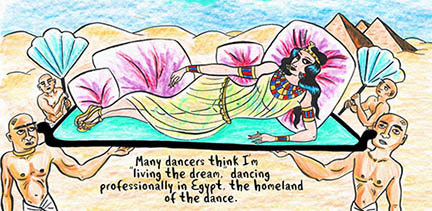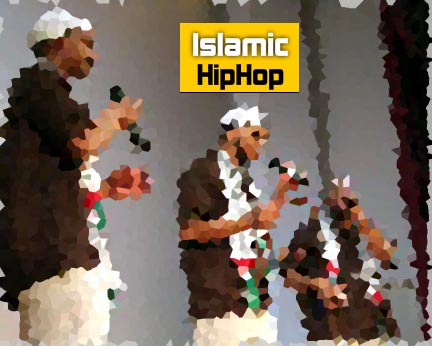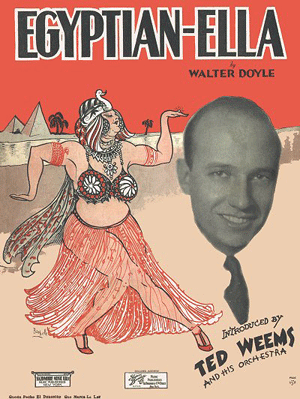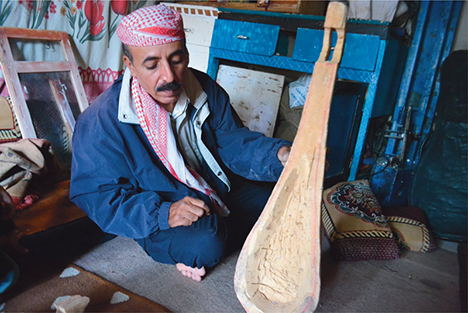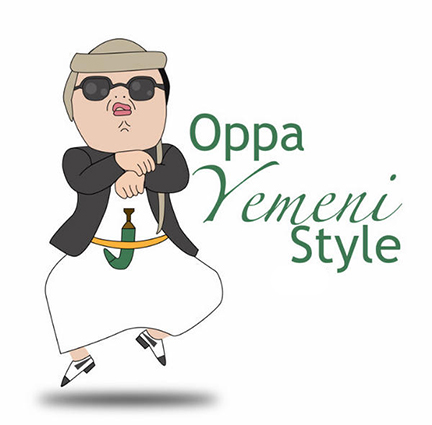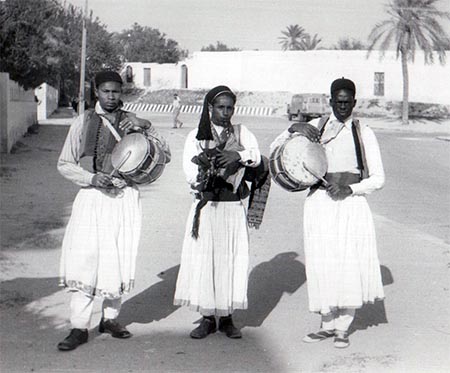
Perhaps it is boring to be rich, especially for the super rich in a traditional cultural setting. Take the Emirates, for example, with the ultra modern business hub of Dubai and the fabulous new buildings that oil money funds in Abu Dhabi. The Emirates is an unusual oasis in the heartland of the Islamic faith. What makes it unusual is that some 88% of the population here is foreign. So it is not surprising that there should be a murmur of culture clash under the glitz. So when Western pop stars like Snoop Dog, Jay Z, Justin Bieber and Rihanna role into one of the Emirates, you can expect some culture clash talk. Al Jazeera reports that several recent Western superstars have raised eyebrows by their language and behavior. Did the organizers really think that Jay Z would forget how to swear or call women by demeaning terms? This is his bread and butter.
There is a famous biblical saying that Jesus once said it is easier for a camel to go through the eye of a needle than for a rich man to enter heaven. Jesus, theologians tell us, was referring to a narrow gate in Jerusalem that made it very hard for camels to enter, but the sentiment is apt. Abraham, Moses, Jesus and Muhammad are respected prophets, but none of them squandered riches or lived in opulence or built huge pyramids. This is not just a problem for Muslims, but for all the major monotheisms which preach about helping the poor. Islam is exemplary in this regard with its principle of sadaqa, but Judaism and Christianity also stress helping the unfortunate. For that matter, even concerned atheists care about their fellow humans. But there is something about wealth (the love of money being the root of all evil) that strains religious behavior. Jay Z and Snoop Dog went to the Emirates, where the money flows, not Yemen, though I suspect young Yemenis have heard them as well in the global pop music market.
My point is not to disparage pop music, nor to defend those who would place a Muslim in a 7th century cultural bubble, but simply to note that defining one’s personal faith is not made easier in a context of vast wealth. Even a cursory reading of the Arabian Nights shows that this is not a modern problem. But if you invite Jay Z, don’t expect a sermon.

